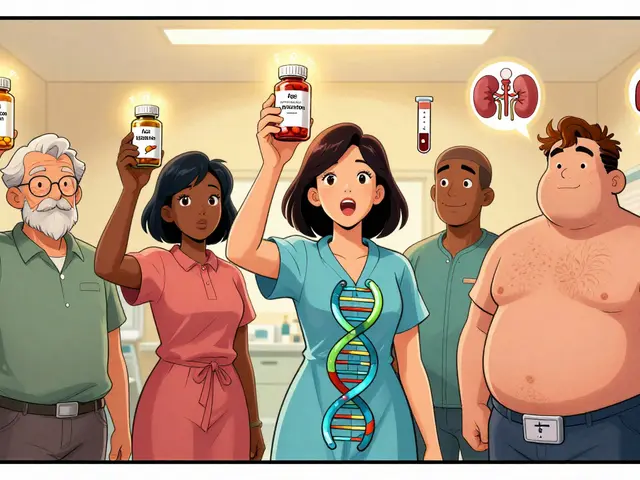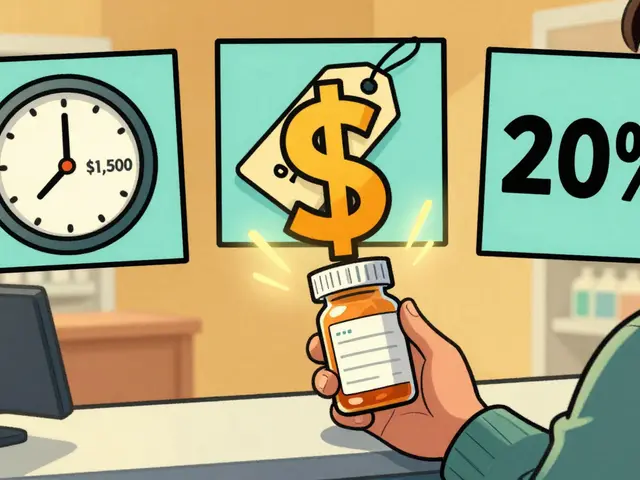Cancer Awareness: Simple Steps to Spot Risks Early
When it comes to health, knowing the basics can save lives. Cancer doesn’t always announce itself loudly; many signs are subtle and easy to miss. By paying attention to your body and staying informed, you can catch problems before they grow.
Recognize the Early Warning Signs
Most cancers start with changes that feel ordinary—persistent coughing, unexplained weight loss, or a lump that won’t go away. If something lasts longer than a few weeks, it’s worth talking to a doctor. Keep a quick log of any new symptoms: when they started, how often they appear, and whether anything makes them better or worse.
Skin changes are another red flag. A mole that suddenly darkens, bleeds, or grows unevenly could be melanoma. The ABCDE rule (Asymmetry, Border, Color, Diameter, Evolving) helps you judge if a spot needs professional eyes.
Adopt Everyday Habits That Lower Risk
You don’t need a drastic lifestyle overhaul to lower cancer risk. Simple moves—like swapping sugary drinks for water, adding a daily walk, and protecting skin from strong sun—make a big difference over time. If you smoke, quitting is the single most powerful step you can take.
Screenings are your ally, too. Regular mammograms, colonoscopies, Pap smears, and low‑dose CT scans for lung cancer catch issues when they’re most treatable. Ask your doctor which tests fit your age, family history, and health profile.
Nutrition matters as well. A diet rich in fruits, vegetables, whole grains, and lean protein gives your body antioxidants that help repair DNA damage. Limit processed meats and excess alcohol; both have been linked to higher cancer rates.
Lastly, stay connected with reliable sources. Websites like CanShipMeds offer clear, up‑to‑date information without the hype you find on some forums. Knowing what’s trustworthy helps you avoid fear‑mongering and focus on actionable steps.
Remember, cancer awareness isn’t about living in fear—it’s about empowering yourself with knowledge and habits that keep your body resilient. Keep an eye out for changes, schedule recommended screenings, and make small health tweaks every day. Your proactive approach could be the difference between early treatment and a tougher battle later on.











